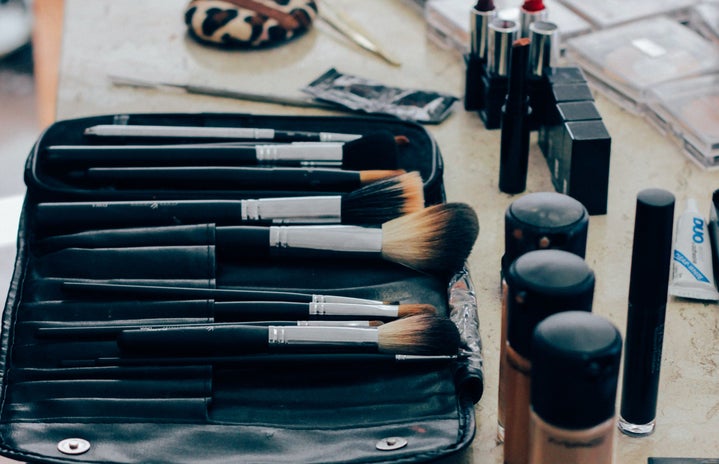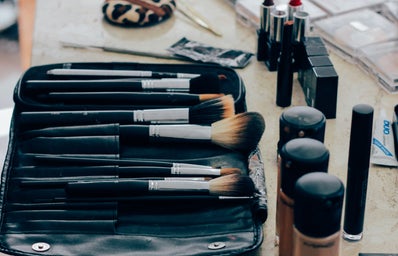Have you ever stopped to think about what is in your beauty products? The truth is that simply by washing your hair with your favorite shampoo, you could be killing the environment. What the beauty industry is not telling consumers is that 89 percent of the 10,500 ingredients used in their products have NOT been evaluated for safety by CIR, the FDA, or any other accountable institution. That means that there are approximately 9,345 ingredients that have not been tested. Even among the ingredients listed, cosmetic companies are allowed to use may chemicals that can be harmful to the environment. A common chemical put in most beauty products to help stop the growth of bacteria is called Paraben, which has been linked with the death of coral. Titanium dioxide is found in cosmetics with skin tints and mineral makeups and causes the death of plankton in the ocean. These plankton create about 2/3 of the Earth’ oxygen and without them many aquatic species will suffocate.
These are only a few examples; chemicals found in beauty products harm wildlife all over the Earth. You may be wondering how these chemicals get from your product bottles into the ocean. Every living organism depends upon water and it is water that spreads these chemicals. Chemicals from beauty products are washed down the drain every time you shower. These chemicals then enter our water supply and later evaporate into chemical vapors, join with clouds, and then come back down when it rains. The water cycle carries harmful chemicals from beauty products all over the globe. It is important that we realize we cannot blame the water cycle. Ultimately, it is the fault of beauty companies for using these chemicals, government institutions for not testing them and putting bans on harmful chemicals, and our faults for blindly using them.
Do you recycle your plastic bottles? Do you think it is important to recycle plastic in order to help the earth and keep it out of landfills and the ocean? If yes, then what about the exfoliating beads in your face wash? Face washes that have exfoliating microbeads are one of the worst things for the environment. Unlike what I first thought what I began experiencing these face washes, these balls are not made up of little bits of hard soap or cleansers, they are made of plastic, plastic we willingly wash down the drain and send to the ocean, rivers, and lakes. In some of these products, the microbeads use as much plastic as is in the bottle itself, therefore using these products is akin to throwing a plastic bottle into the ocean.
It is important that we pay attention to what is in our products and how they will affect the environment. Simply trying to buy brands that say they are natural or use all-natural ingredients is not enough. Many of this is a sham: out of hundreds of ingredients maybe one or two will be natural. Some of the top skin care brands such as Neutrogena, Olay, Clean and Clear, Aveno, and Dove actually are the most harmful to the environment. Better brands for skin care would be Freeman, St. Ives, Burt’s Bees, and Bioré. These brands are truly natural and use less plastic. These brands can also be better for you. I have bad eczema and used to use Clean and Clear and Neutrogena because they were supposed to be the best, but they never did anything to help my breakouts. A few years ago someone recommend to me that I try St. Ives because it was supposed to be good with eczema and sensitive skin and I will never go back!
Check below for some helpful articles about what brands or the worst for the environment and ideas about alternative choices.

